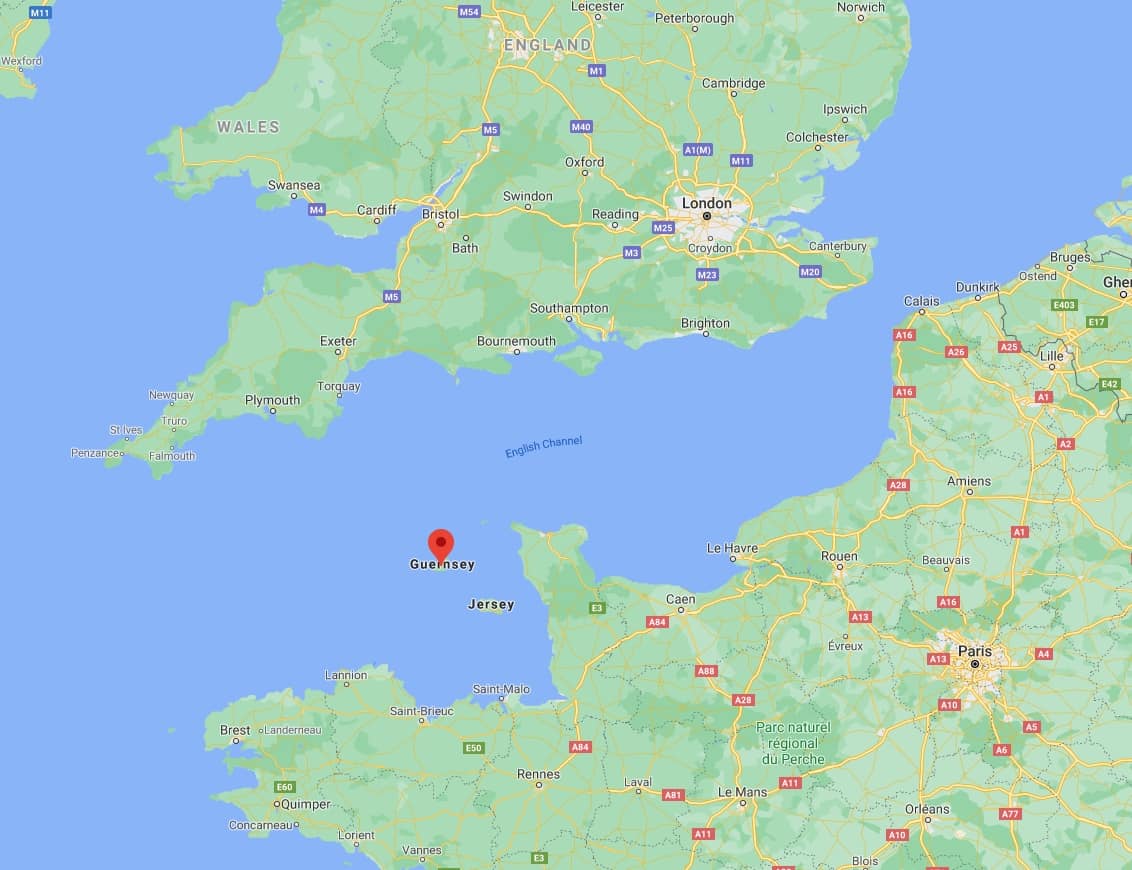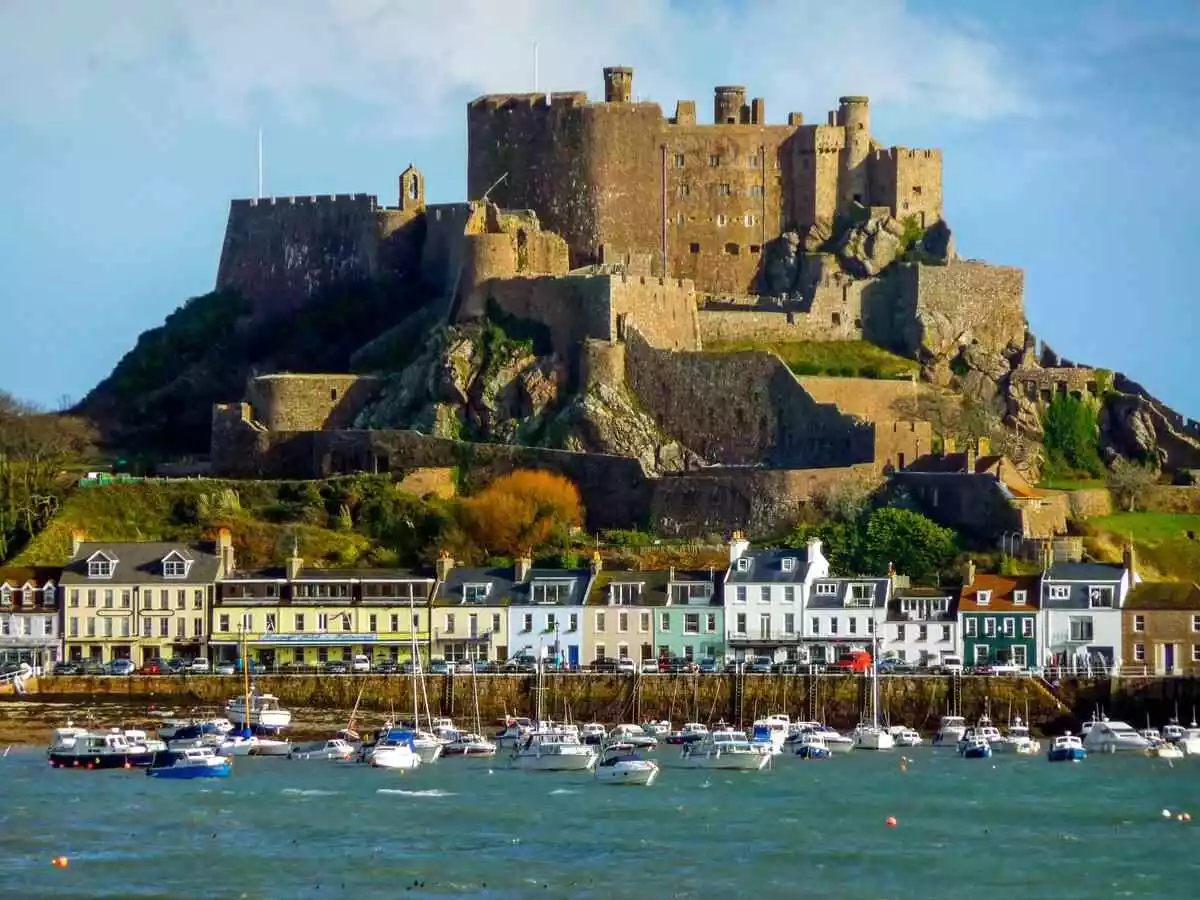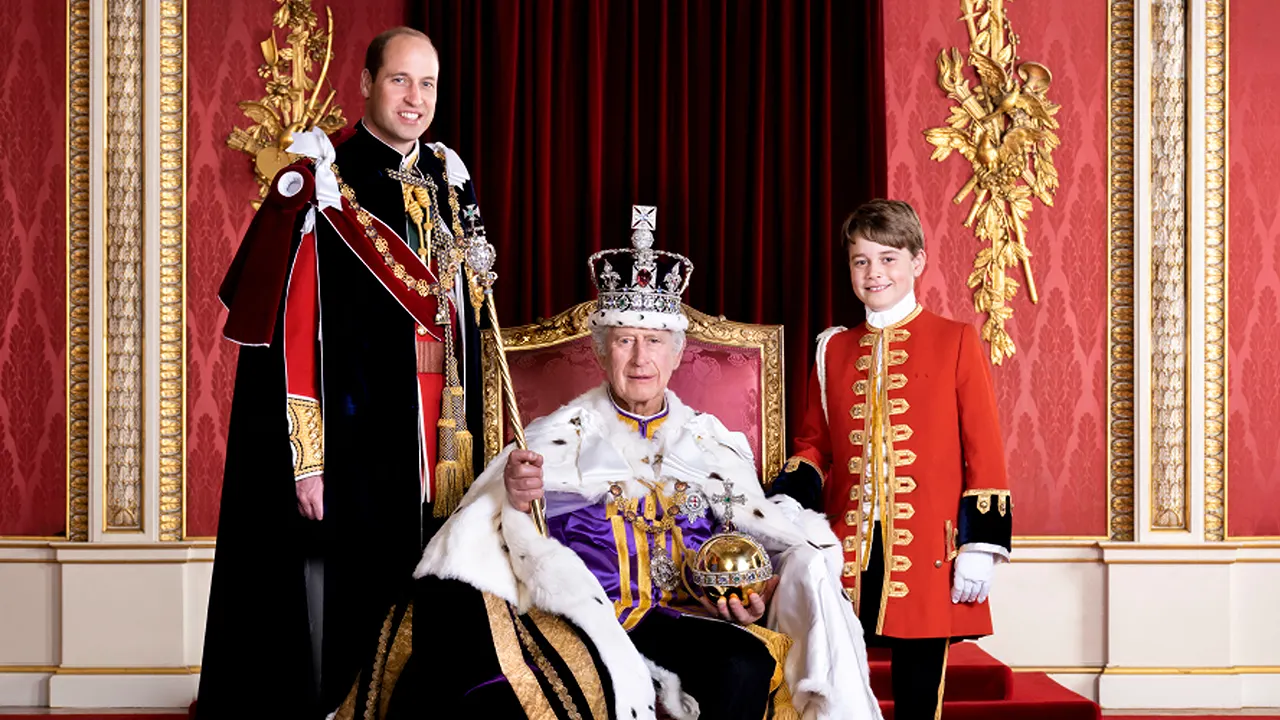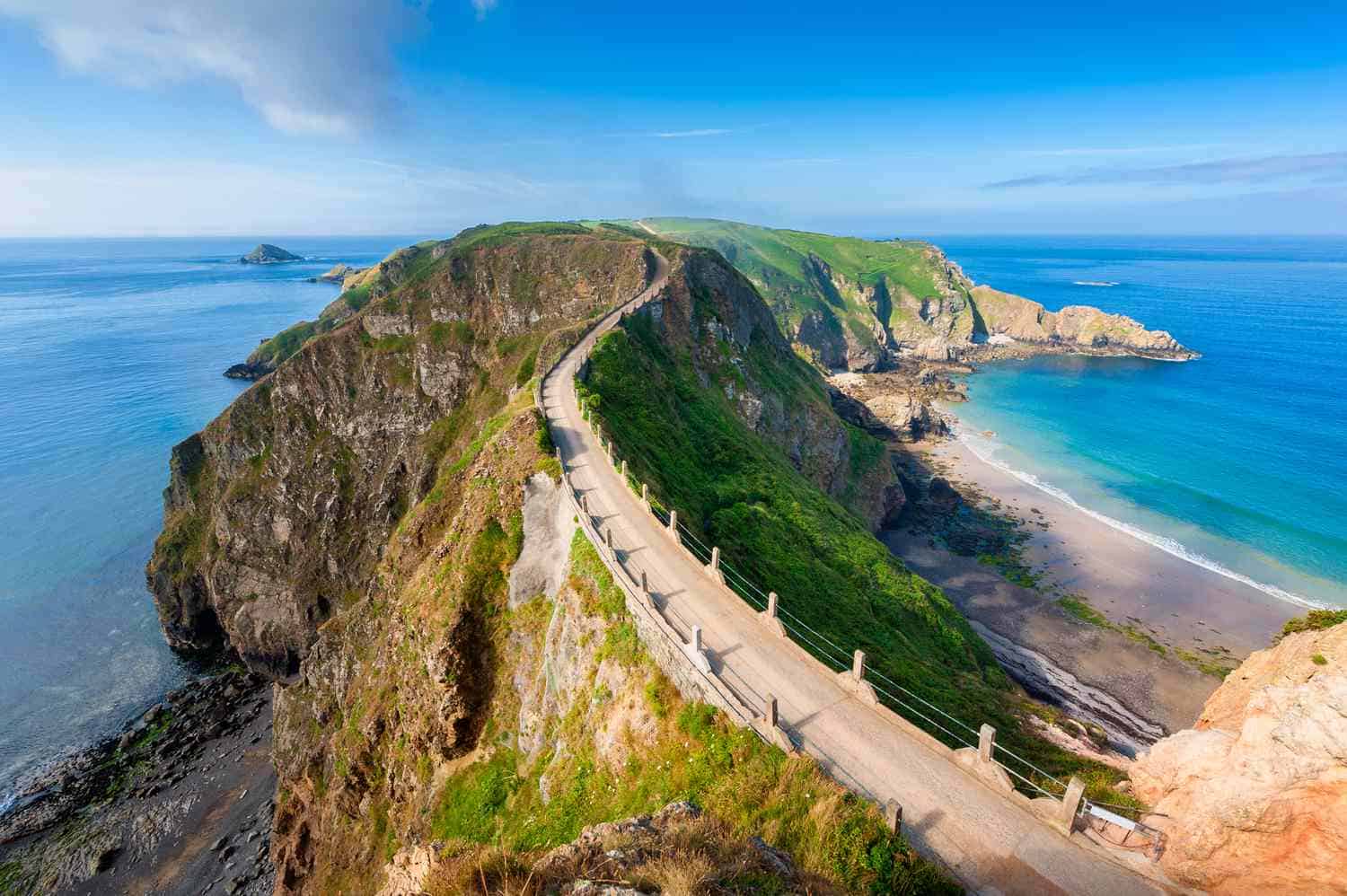It isn’t really news that several small islands with a special position in the world are wedged between England and France. They are not a part of any country and do not consider themselves to be one. They share the same monarch with the UK even though they are not members of the Commonwealth. The majority of the continents on a global map are divided into discrete sections by lines that enclose them and are colored differently. The problem becomes quite simple and uncomplicated because these clearly defined nations occupy the majority of the Earth.
However, these nations make up a vast majority of the world but they don’t exactly make up all of it. There are some places that are an exception. These countries are neither possessions of other countries, such as Gibraltar, Guam, or Greenland, nor are they fully independent states with permanent seats in the UN, that belong to the UK. Some of these locations can be located in the English Channel, which is home to the Channel Islands, a small collection of tiny islands. They are closer to the French shore than the English coast and are situated just north of Normandy.

Also Read: The Vanishing Hotel of France: Was it Ever Real?
You may mistakenly believe they are a part of France if you glanced at a map and didn’t know any better, but this is untrue. The two separate governments that comprise the Channel Islands are Jersey’s bailiwick and Guernsey’s bailiwick.
Context about Jersey and Guernsey
If you’ve ever heard of the state of New Jersey and wondered where it was, this territory was previously known as “Old Jersey” and is actually an island off the coast of France. The occasion where King Charles II gave the Bailiff of Jersey land as a gift gave rise to the name New Jersey. The Guernsey breed of cow is another thing that you might be familiar with. It is indigenous to the island of Guernsey.
With the most southern location of the two bailiwicks and a population of around 106,000, Jersey is the sole inhabited island. To the north is Guernsey’s bailiwick. There are a few smaller minor populated islands in addition to Guernsey’s main island, which has a population of roughly 63,000. Around 2,000 people live in Alderney, 600 in Sark, and 60 in Herm. The Channel Islands are regarded as Crown Dependencies from a political standpoint, The Isle of Man being the only other Crown dependency.

Also Read: Who Is Penny Mordaunt? All About The British Politician
Due to the fact that they are Crown Dependencies, they are not a part of the United Kingdom. Additionally, they have no representation in the legislature. But unlike Gibraltar, the Falkland Islands, or Saint Helena, they aren’t technically British territories. They don’t have sovereign nations either. As a result, they are not a part of either the Commonwealth of Nations, which is primarily made up of former British colonies, or the European Union.
Jersey and Guernsey both have Charles III of England as their ruler. These two territories are referred to as the “Crown in Jersey” or the “Crown in Guernsey” rather than being acknowledged as the Crown of the United Kingdom.

Also Read: Is Camilla Related to Charles? A Look-Back On The Couple’s Story
Some Additional Facts
Both Jersey and Guernsey use the pound as their official currency, or at the very least, they manufacture their own pound notes that are not backed by the Banks of England or Scotland. They also have passports that say “British Passports” on the front, which are recognized as UK passports for travel. They are diplomatically represented by the United Kingdom, which is also in charge of funding their defense. They appear to be like any other British territory as a result of all these elements.
There is no denying the fact that Jersey and Guernsey rank among some of the most truly odd places on Earth from a legal and political standpoint. They are not separate countries, but rather regions of another nation. Despite being closer to France geographically, they have an English culture. However, this does not lessen its importance in comparison to other countries. Despite being little, they are, to put it mildly, interesting.
Also Read: Why Was Prince Philip Not King? British Royal Tradition Explained




